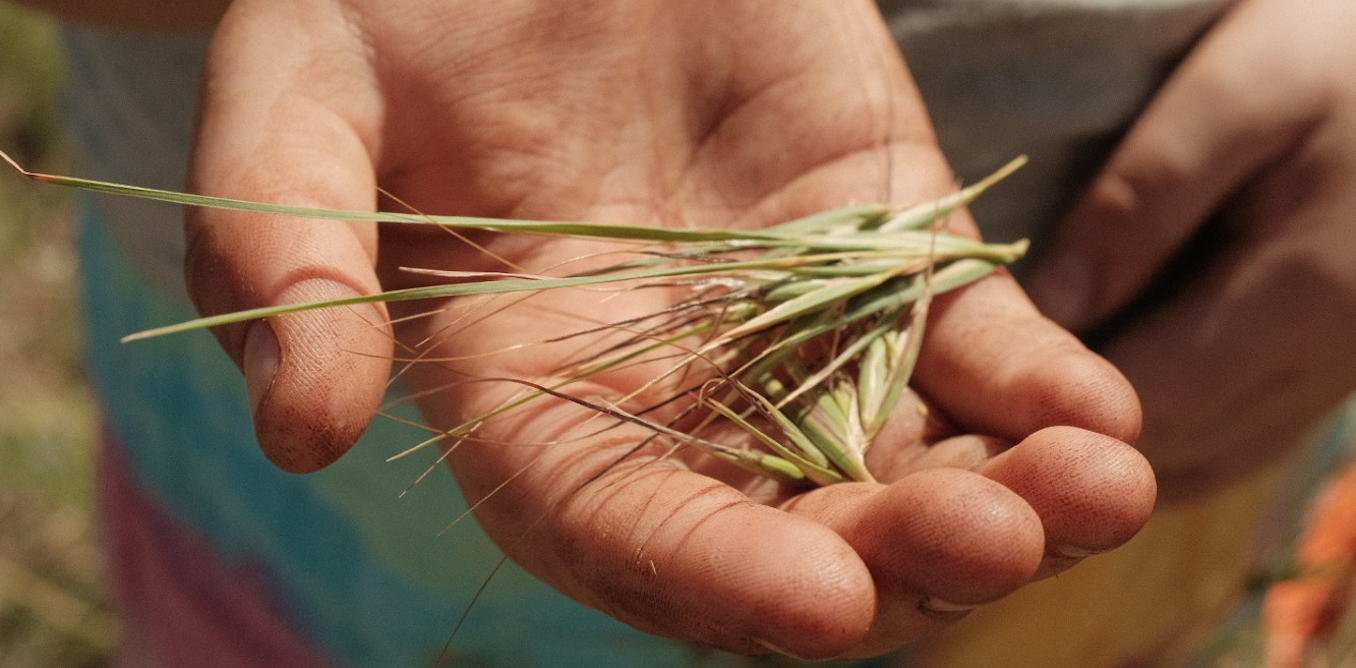Title: New Study Highlights the Health Benefits of Cultural Camps for Aboriginal Communities

Sydney, Australia - A groundbreaking study published in The Lancet by the Gaawaadhi Gadudha Research Collaborative has shed light on the significant health and wellbeing benefits that Aboriginal and Torres Strait Islander people experience from participating in cultural camps. This research challenges the conventional, often deficit-focused approach to measuring health disparities between Aboriginal and non-Aboriginal Australians.
The study, conducted across three culturally significant locations in New South Wales, explored how "cultural health" - a holistic approach encompassing the interconnected health of people, family, culture, and Country - positively impacts Aboriginal communities. The camps, held in areas minimally affected by colonization, involved activities like ceremonial dances, traditional food and medicine identification, and language revitalization.
According to Aryati Yashadhana, a key researcher involved in the study, "Our findings indicate that when Aboriginal people engage in cultural practices on their ancestral lands, there is a profound positive effect on their sense of identity, community, and overall wellbeing." The camps facilitated by cultural knowledge holders from the Yuwaalaraay, Gamilaraay, and Yuin Nations, saw 97.5% of participants reporting a sense of healing, which they attributed to the camps' ability to relieve stress, address trauma, and foster intergenerational healing.
The research points out the limitations of current health policy which focuses predominantly on the 'gaps' in health outcomes, such as life expectancy and suicide rates, without considering the cultural dimensions of health. For instance, Aboriginal men and women face a life expectancy gap of 8.8 and 8.1 years respectively compared to non-Aboriginal counterparts, and suicide rates are significantly higher among Aboriginal people.
Dr. Yashadhana emphasized the need for a shift from viewing Aboriginal health through a lens of deficiency to recognizing and leveraging cultural strengths. "Health systems in Australia do not sufficiently recognize cultural ways of being and thinking about health, which has been well-integrated into health services in places like Aotearoa New Zealand," she noted.
Despite the clear benefits, the study also highlighted practical challenges in sustaining such initiatives. Access to traditional lands is often restricted due to bureaucratic hurdles and private property ownership, and there is a noted lack of funding for cultural health programs. "To truly enhance Aboriginal health, we must address these barriers and invest in cultural health initiatives," Yashadhana stated.
This research not only calls for a reevaluation of health policy but also advocates for greater recognition and support of cultural practices as integral components of health care for Aboriginal communities. The Gaawaadhi Gadudha Research Collaborative hopes their findings will inspire more culturally sensitive health policies and initiatives across Australia, promoting a holistic approach to Indigenous health that respects and integrates Aboriginal ways of knowing, being, and doing.
